Types of Wounds During the Cancer Journey & Effective Management Tips
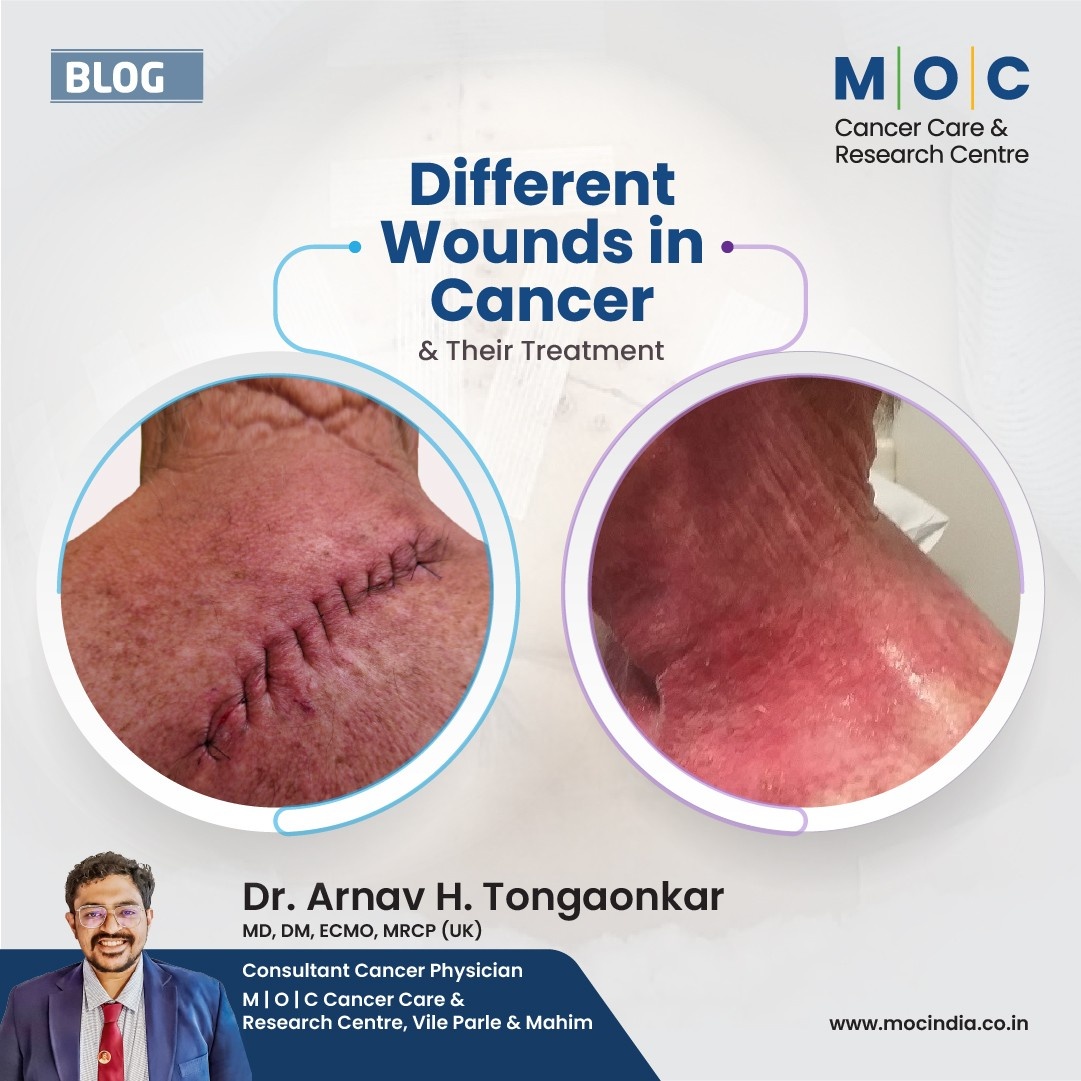


Types of Possible Wounds During the Cancer Journey and Ways to Manage Them | Dr Arnav Tongaonkar
The cancer journey can be physically and emotionally demanding, and one of the physical challenges many patients face is the development of wounds. These wounds may result from cancer itself, treatments, or accidental injuries. Visible wounds have a negative impact on the patient, especially if they are near the joints or on a visible area like the face. Understanding the types of wounds that can occur and how to manage them is vital for comfort, healing, and overall quality of life.
Common Types of Wounds in Cancer Patients
- Surgical Wounds
- Malignant Wounds (Fungating Tumours)
- Treatment-Related Wounds
- Bed sores or pressure injuries
Surgery is a common part of cancer treatment. Any surgical procedure leaves behind a wound, which may be closed with stitches, staples, adhesive strips, or surgical glue. The size and location of the wound depend on the type of surgery performed. Appropriate care is essential to reduce the risk infection and promote healing. In certain cases, reconstructive surgery is recommended to cover deformities caused by surgical wounds.
Some cancers, especially those left untreated, can grow through the skin, creating open sores called malignant, fungating wounds or ulcerating cancers. As these tumours grow, they may block or damage blood vessels, causing death or necrosis of the tissue that lies around them, causing ulceration, infection and making them hard to heal. Malignant wounds can be painful, may bleed or ooze, and often have a strong odour. These are considered to be the most distressing type of wounds associated with cancer.
Malignant wounds are rare and are associated with certain types of cancers like breast, head and neck or melanoma since these cancers develop close to the skin.
Certain cancer treatments, especially radiation therapy, can damage the skin and underlying tissues. Wound healing is a serious complication related to radiation and may lead to the formation of blistering and open wounds.
Chemotherapy drugs that accidentally leak out of veins during infusion (a process called extravasation) can also cause tissue damage and wounds. Chemotherapy is also known to negatively impact wound healing since it disrupts cell division and protein synthesis and can inhibit inflammatory responses which are needed during the early stages of wound healing.
Cancer and its treatments can make patients more vulnerable to accidental injuries. Weakness, numbness, or reduced mobility may increase the risk of cuts, bruises, burns, or pressure sores (bedsores). Pressure sores are especially common in patients who are bedridden or spend long periods in one position.
Keep Wounds Clean and Protected
- Gentle cleansing of wounds with recommended mild soap and water unless instructed otherwise.
- Change dressings regularly, using clean, dry materials.
- Avoid reusing dressings to reduce infection risk.
- Take all prescribed antibiotics as directed by the treating doctor and complete the full course.
- Keep a lookout for signs of infection on the wound, such as progressing redness, swelling, pus, or foul odour, and report them to your healthcare team immediately.
- Maintain good nutrition with a balanced diet rich in protein, vitamins, and minerals.
- Keep the wound area dry and avoid exposing it to harsh chemicals or excessive moisture.
- Protect wounds from further injury by wearing loose clothing and avoiding direct sun exposure.
- Some wounds may require special treatments such as debridement (removal of dead tissue), wound packing, topical therapies, or negative pressure wound therapy.
When to Seek Medical Help
- New or worsening wounds
- Persistent bleeding
- Signs of infection (redness, swelling, pus, or odour)
- Increased pain or discomfort
Contact your healthcare team if you notice:
Proper wound care is essential during the cancer journey. Always follow your care team’s instructions and communicate any concerns promptly to ensure the best possible healing and comfort.
Dr. Arnav H. Tongaonkar
MD (Internal Medicine)
DM (Medical Oncology)
Consultant Cancer Physician
MOC Cancer Care & Research Centre, Vile Parle East.
Latest Blogs
-
![Nidar Naari is a movement initiated by M|O|C Cancer Care & Research Centre]()
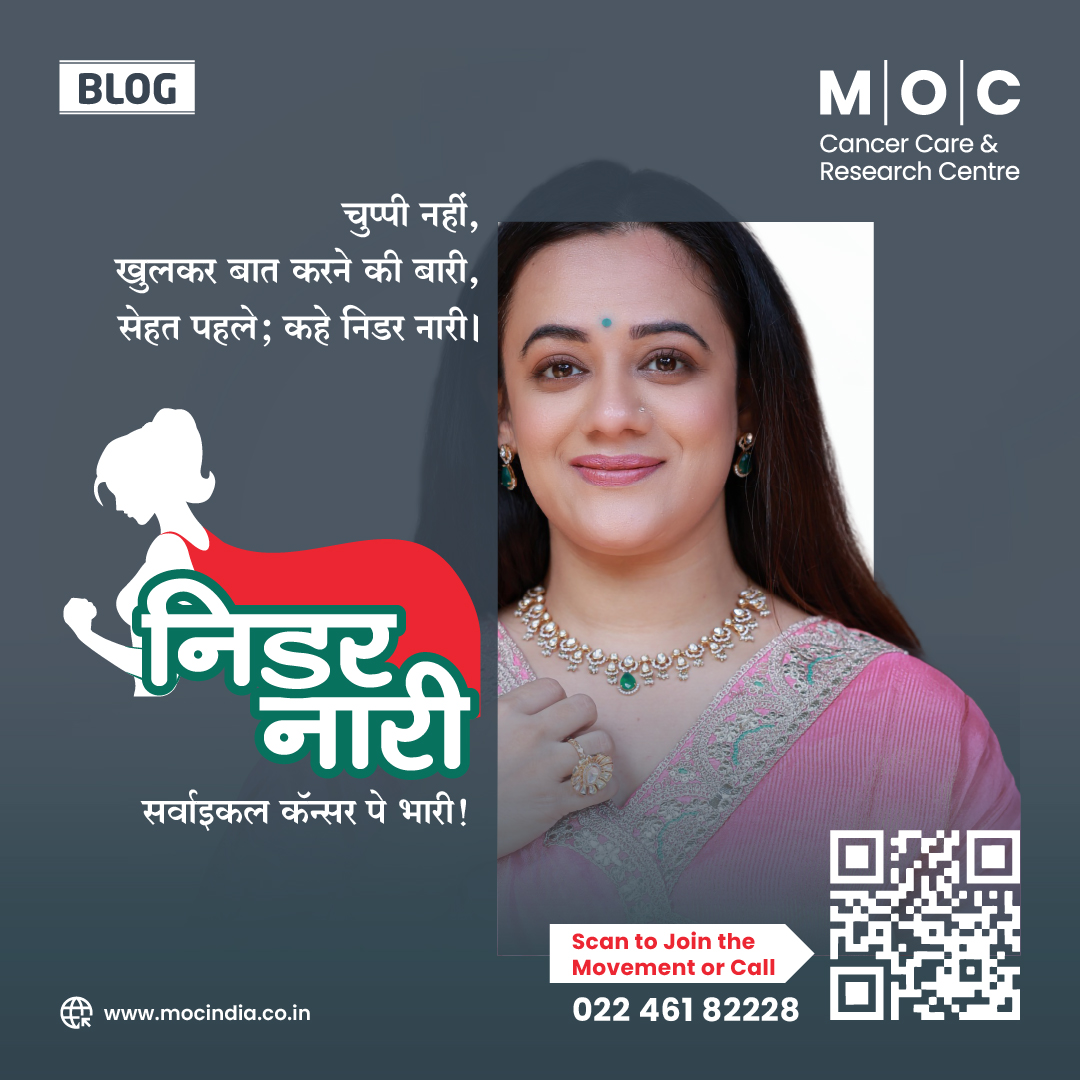
- 10th Feb, 2026
- Nidar Naari is a movement initiated by M|O|C Cancer Care & Research Centre
-
![Cervical Cancer Awareness Month- January 2026]()
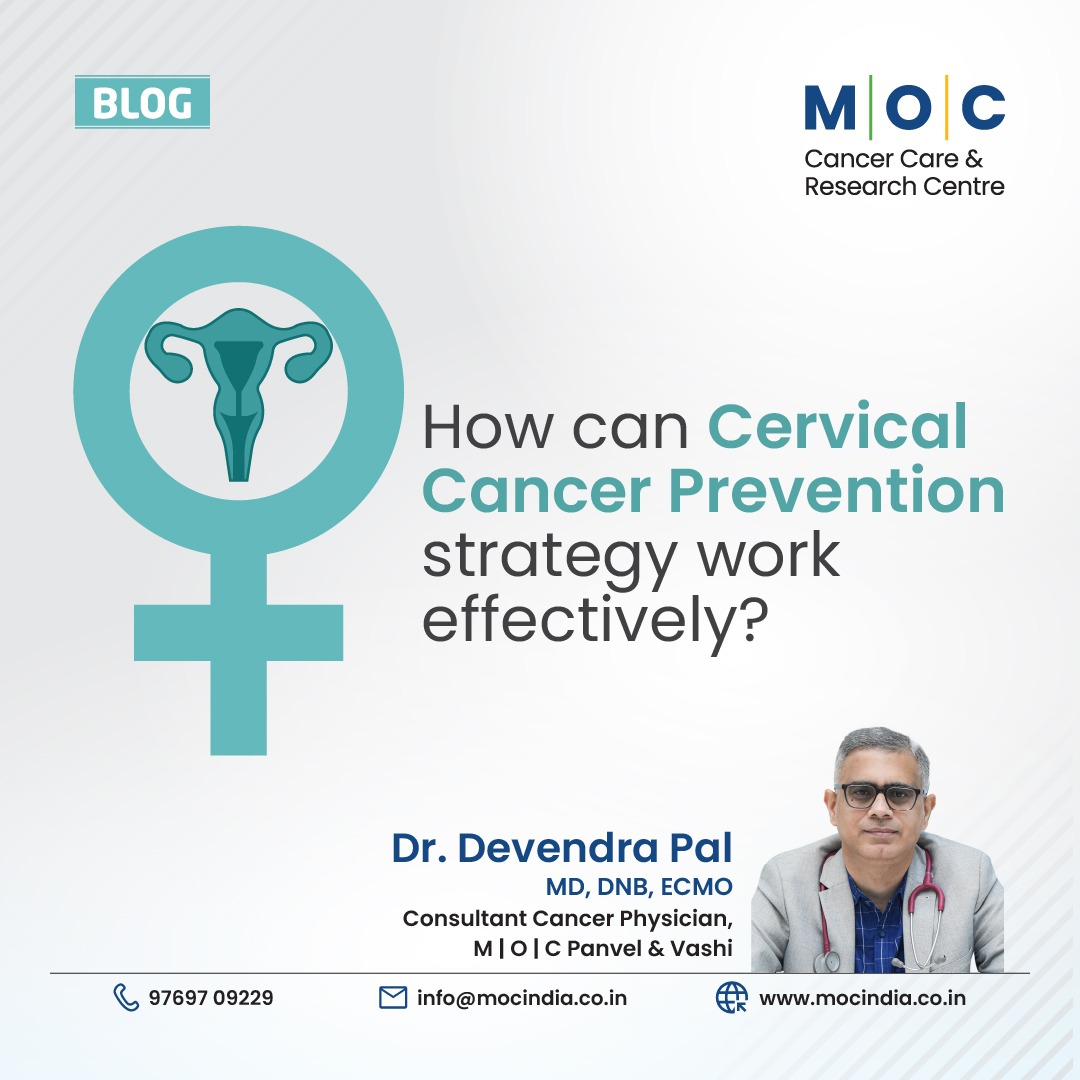
- 23rd Jan, 2026
- Cervical Cancer Awareness Month- January 2026
-
![Why Vaccinating Boys Against HPV is a Win for Everyone ?]()
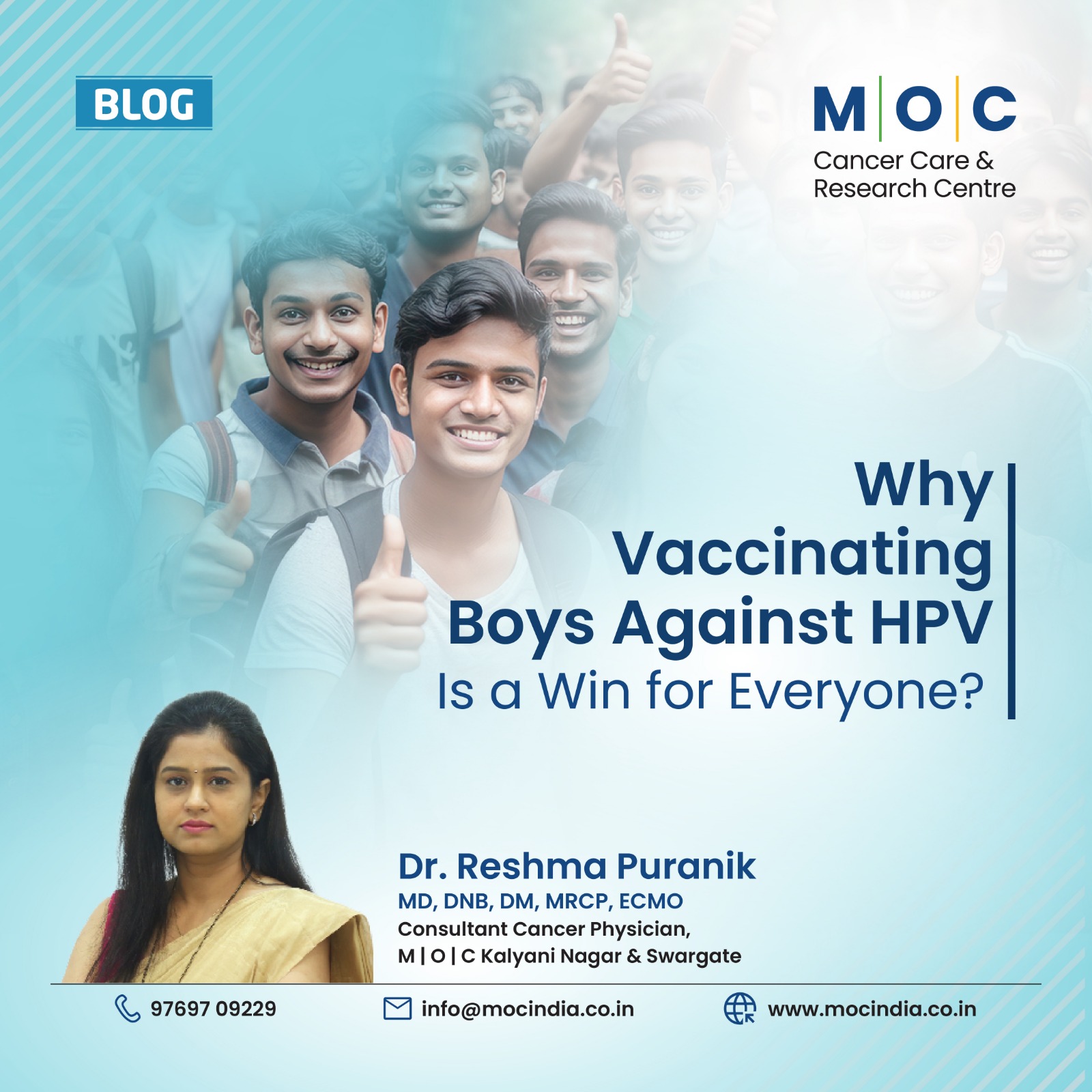
- 20th Jan, 2026
- Why Vaccinating Boys Against HPV is a Win for Everyone ?
-
![Are Pollution and Chemical Exposure Driving the Rise of Blood Cancer Cases in Children?]()
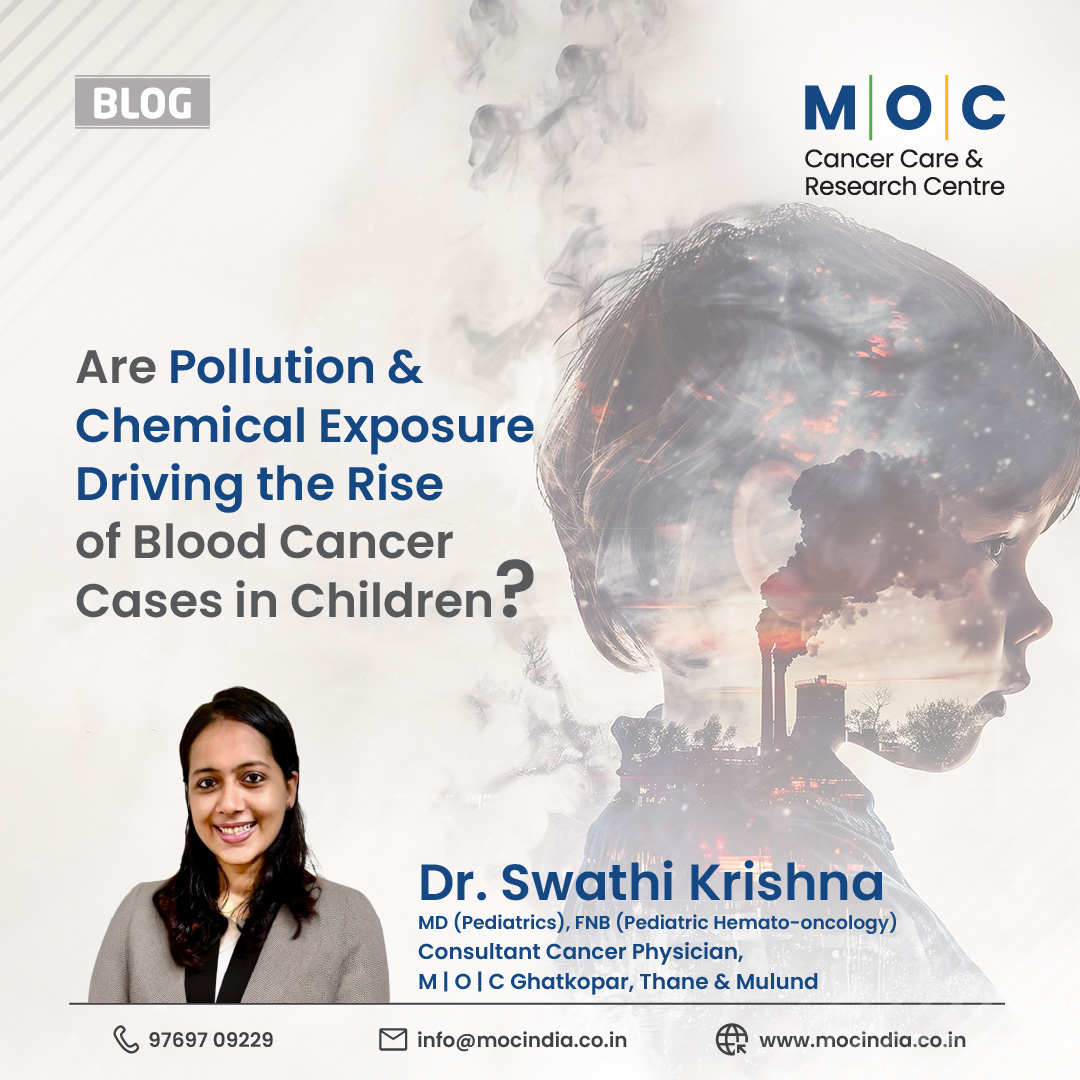
- 17th Jan, 2026
- Are Pollution and Chemical Exposure Driving the Rise of Blood Cancer Cases in Children?
-
![Significant Advancements in Cancer Treatment in 2025- Dr Kunal Jobanputra- M|O|C Kemps Corner and Mahim]()
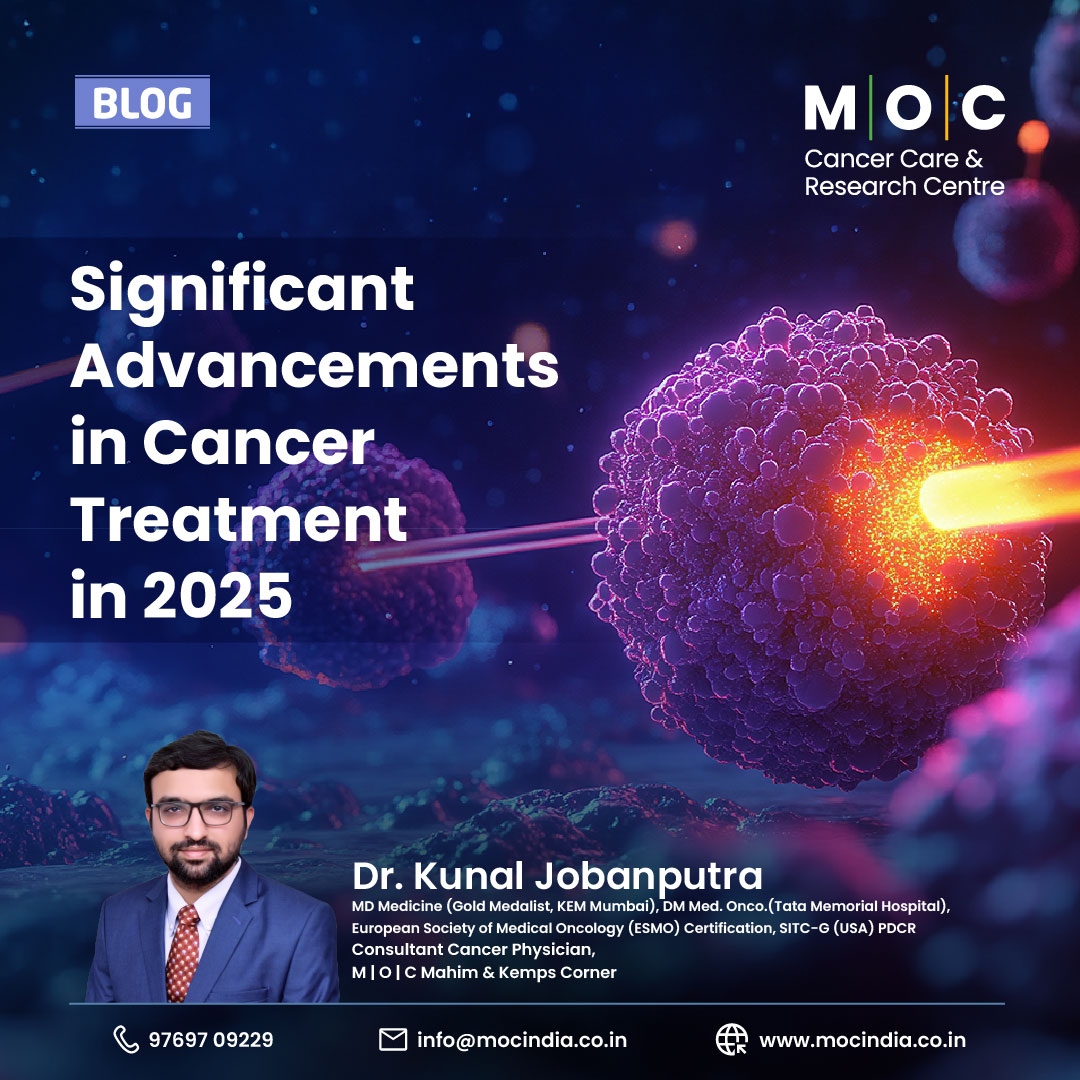
- 12th Jan, 2026
- Significant Advancements in Cancer Treatment in 2025- Dr Kunal Jobanputra- M|O|C Kemps Corner and Mahim
-
![Managing sleep disturbances during and after cancer treatment]()

- 11th Dec, 2025
- Managing sleep disturbances during and after cancer treatment
Book Your Appointment








